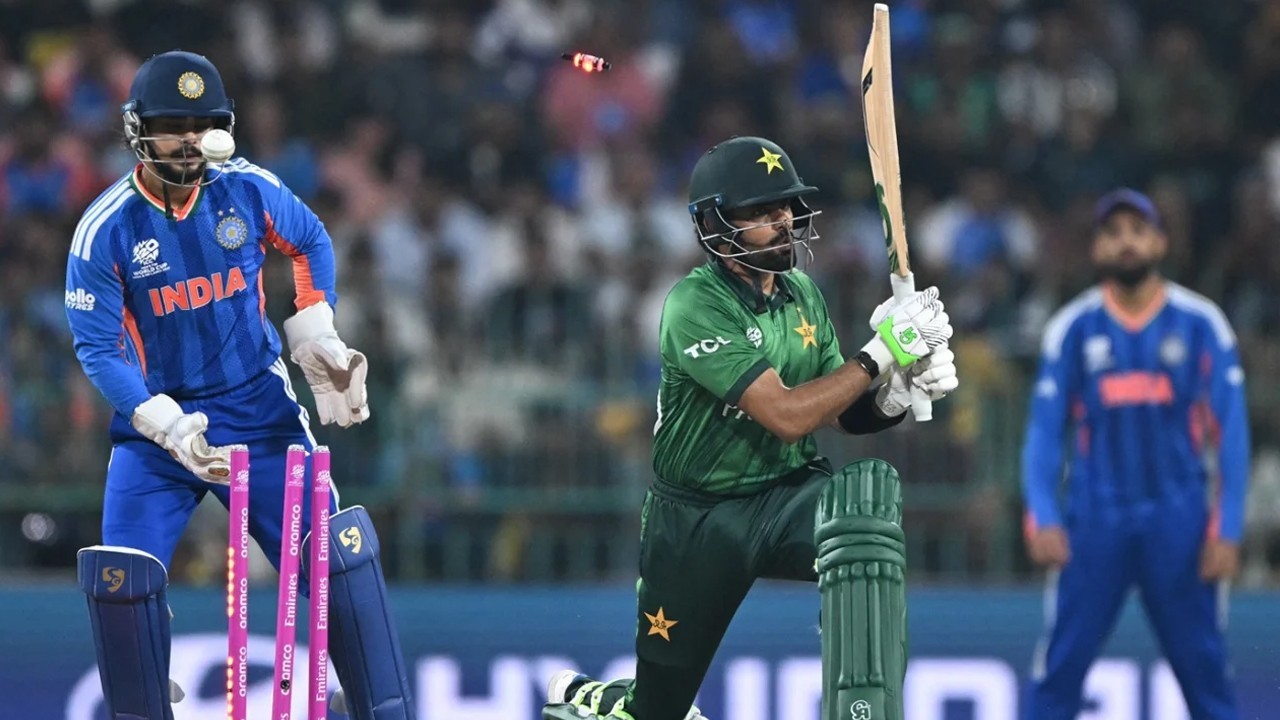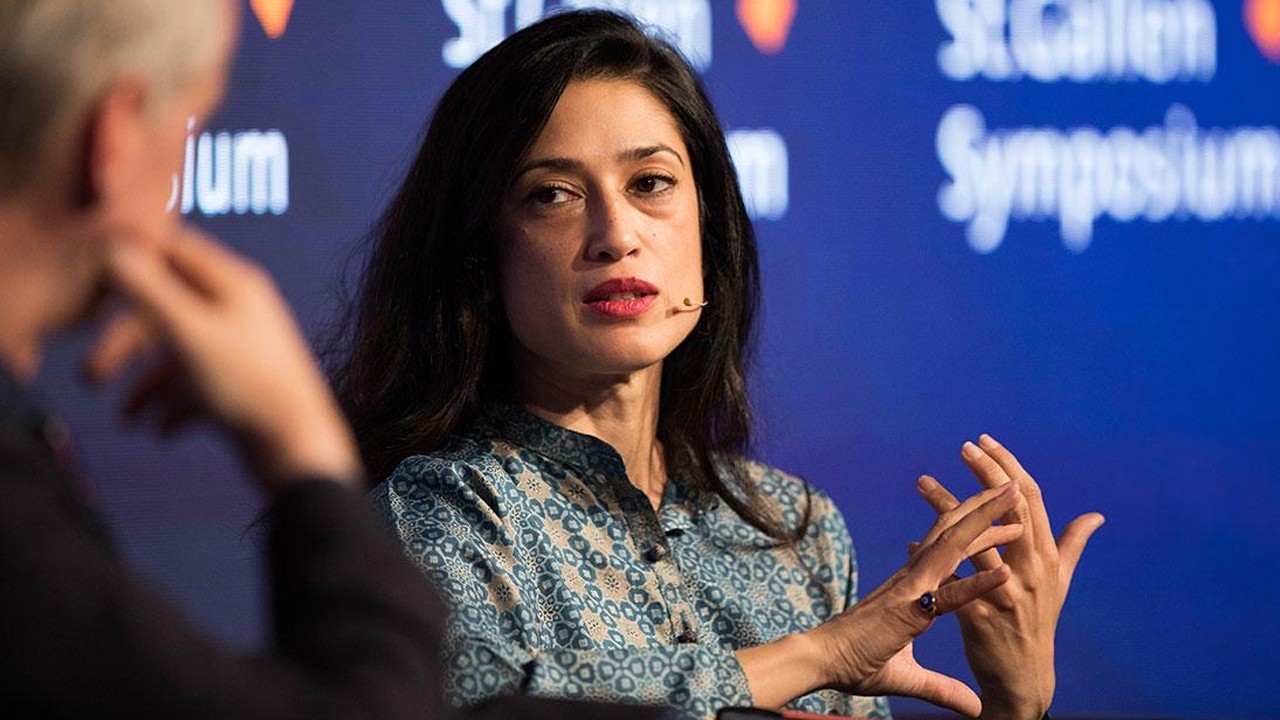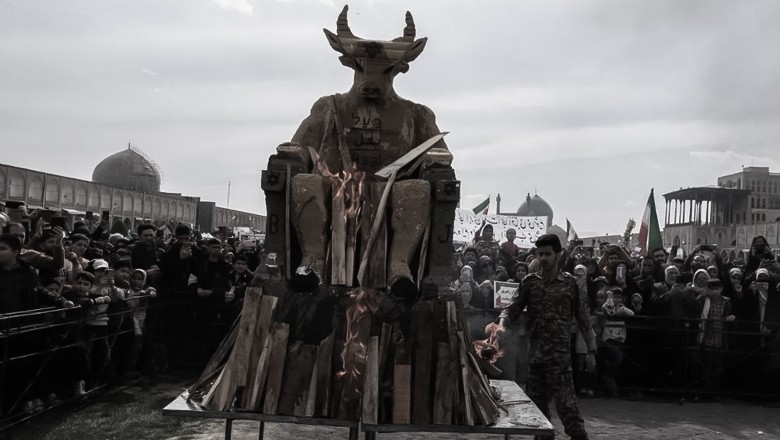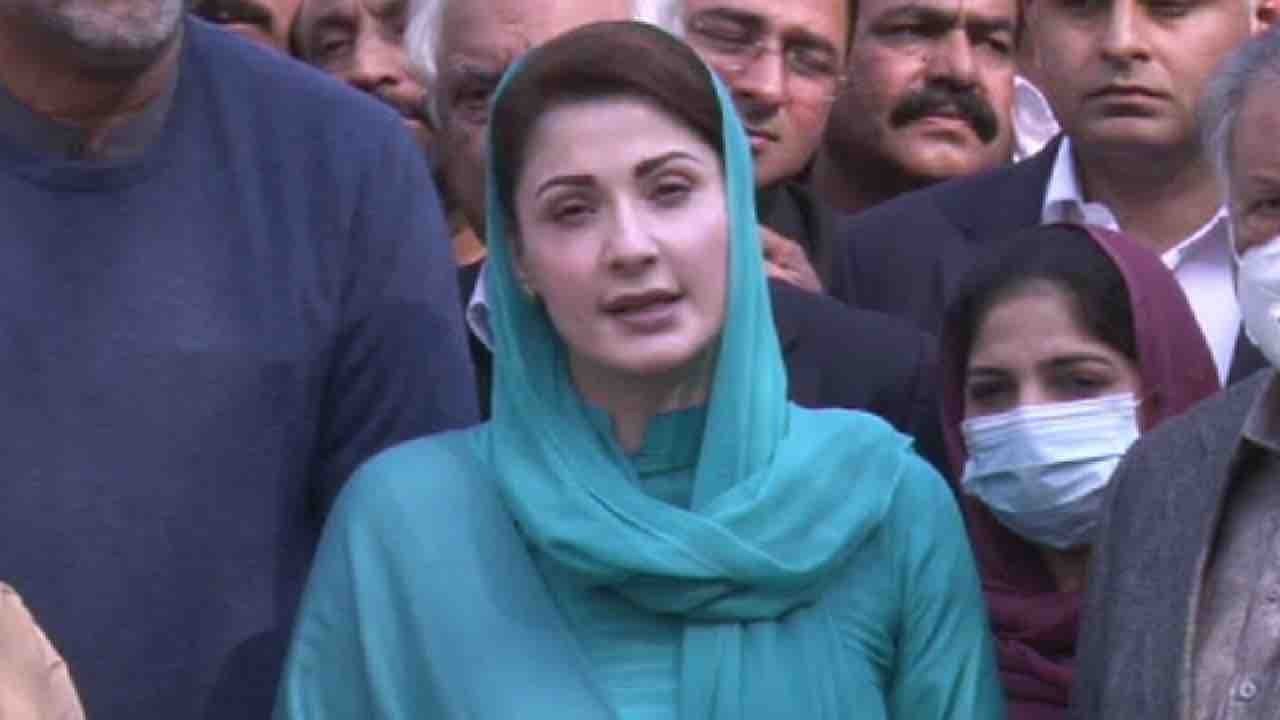Battle of Badr: A turning point for Islam

Web Desk
|
28 Mar 2024
The Holy Quran refers to the Battle of Badr as "Youm-ul-Furqan or the Day of Distinction." This signifies a turning point, where Allah (SWT) distinguished truth from falsehood through a decisive Muslim victory. This triumph shattered the disbelievers' attempts to crush the growing Islamic movement.
Muslims, led by the Holy Prophet Muhammad (PBUH), clashed with Mecca's ruling Quraysh tribe at the desert valley of Badr in the second year of Hijra (624 CE).
Despite enduring oppression for 13 years in Mecca, Prophet Muhammad (PBUH) and his Muslim followers were harassed by Quraysh even when they migrated to Medina still faced hostility. This simmering conflict ultimately led to the inevitable combat.
In the second year after the Hijra, with the persecution of Muslims in Medina continuing, the Quraysh sought to cripple them further by confiscating their property. Left with no other choice, the Prophet Muhammad (PBUH) took decisive action.
During Ramadan, he led 313 men from Medina to intercept a Quraysh caravan travelling the Syrian trade route. This caravan, led by Abu Sufyan, was encamped near the well of Badr.
News of the Muslims setting out to intercept the caravan reached Abu Sufyan. He quickly gathered a Meccan army three times the size of the Muslim force. Islam's first large-scale battle then unfolded in the early morning of 17th Ramadan, in the second year after the Hijra (624 CE).
Despite being heavily outnumbered and outmatched in resources, the battle began with the Muslims placing their faith in God and bravely facing a vastly superior Quraysh army.
At the Battle of Badr, Muslim women provided vital logistical support. They served by treating the wounded and delivering aid and water to the fighters.
By midday on the 17th of Ramadan, the Muslims had decisively defeated the Quraysh forces. Many enemy soldiers fled the battlefield, while others were captured.
Following the Battle of Badr, Prophet Muhammad (PBUH) showed compassion towards captured warriors. He declared that educated captives could gain freedom by teaching ten boys to read and write. Others could buy their freedom for a set price. The poorest captives were even released without any penny.












Comments
0 comment